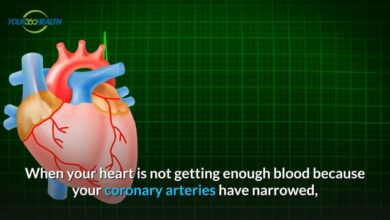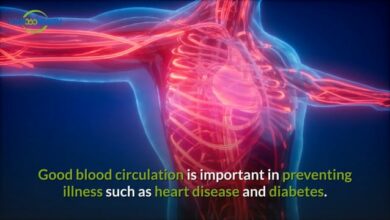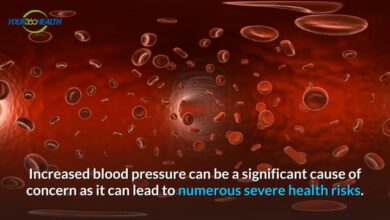How To Recognize You Are Having A Heart Attack
By Staff Writer
Also known as the infamous silent killer, heart attacks can be deadly or severely life-threatening if not identified within a few minutes. It can happen to anyone and most frequently occurs to young adults or obese persons with an unhealthy lifestyle. High cholesterol and a fat-rich diet can block the blood flow within the arteries, eventually resulting in a heart attack. The interruption of blood flow causes intense pain in the heart and is often not recognized as a heart attack.
With that said, let us explore more about Myocardial infarction, also known as a heart attack.
Common Symptoms
Like every other disease, heart attacks also send warning signals with some of the following common signs and symptoms.
- Severe chest tightness, pain, and pressure spread to the arms, neck, or jaw.
- There will also be an uneasy aching along with the tightness. It is uncomfortable enough to make you scream from the feeling.
- An intense pain covering body parts like the abdominal to digestive areas may start naturally and last relatively long.
- These can be very prominent signals – shortness of breath, cold sweat, and fatigue can easily be observed by facial expressions, making it easy to recognize the heart attack.
Signs and Symptoms Vary
While these signs and symptoms may remain the same, their intensity can vary in individuals suffering from a heart attack. While some with a robust immune system may face mild pain, others might have severe pain or experience a sudden ache for the first time. For others still, symptoms may have shown up over a prolonged period before the attack occurs. However, from a medical point of view, the longer these symptoms last and the more prevalent, the higher are the chances of having a heart attack, according to the Centers for Disease Control’s information on “Heart Attack Symptoms, Risk and Recovery.”
Get Urgent Medical Assistance
If you notice any of the symptoms mentioned or generally experience a sense of discomfort, then seek medical help immediately. Here are some practical measures suggested by the American Heart Association that you can consider in the meantime before you get to medical assistance or the hospital.
- Take medicine that has Nitroglycerin in it. (Speak with your doctor beforehand as it may cause headache and dizziness)
- Take an aspirin tablet (325mg) as soon as possible to improve blood flow.
Conclusion
Recognizing the signs and symptoms of a potential heart attack allows you to get help as early as you possibly can and may even save your life. It is unwise to put off going to the doctor or hospital as early intervention improves your chances of making a full recovery.




